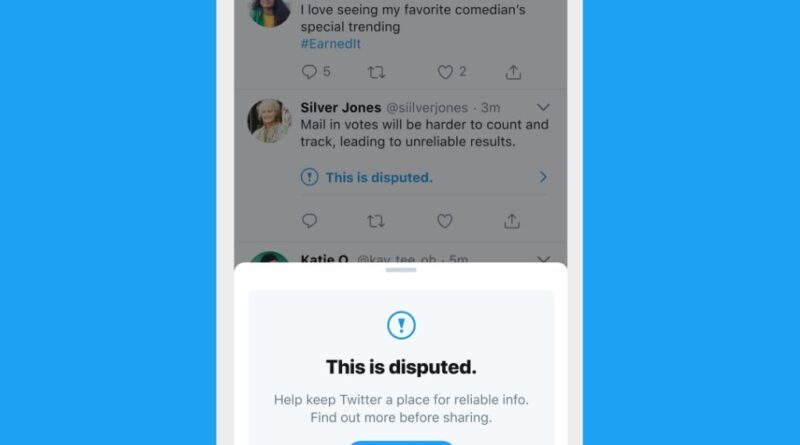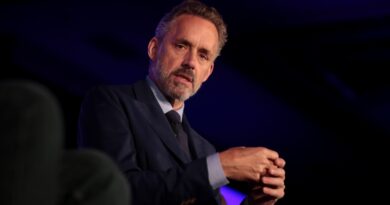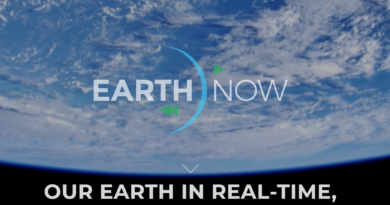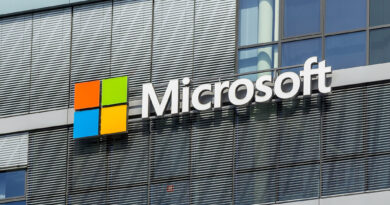Twitter to warn users when they ‘like’ a tweet it deems misleading
Twitter has announced that it will warn users when they attempt to ‘like’ a tweet that the platform deems ‘misleading,’ raising further concerns about its selective censorship policy.
The San Francisco based company has been under heavy scrutiny of late, after it ramped up its already stringent censorship policy amid the US presidential election, but it has now decided to go a step further.
Weeks ahead of the election, Twitter stopped users from retweeting with a single click of a button as had always been the case, guiding users to a ‘quote tweet’ as an extra step before following through with the sharing of the tweet in an apparent attempt to stop the rapid spread of information, and a similar process will now follow for those looking to merely ‘like’ a post.
“Giving context on why a labeled Tweet is misleading under our election, COVID-19, and synthetic and manipulated media rules is vital,” the announcement read.
“These prompts helped decrease Quote Tweets of misleading information by 29% so we’re expanding them to show when you tap to like a labeled Tweet.”
Giving context on why a labeled Tweet is misleading under our election, COVID-19, and synthetic and manipulated media rules is vital.
These prompts helped decrease Quote Tweets of misleading information by 29% so we’re expanding them to show when you tap to like a labeled Tweet. pic.twitter.com/WTK164nMfZ
— Twitter Support (@TwitterSupport) November 23, 2020
Twitter’s example of a ‘misleading’ statement that would lead to a warning to those who ‘like’ such a tweet was regarding mail-in votes.
“Mail in votes will be harder to count and track, leading to unreliable results” the example read.
The risk of mail-in votes being vulnerable to fraud had been an open debate on both sides of the political debate prior to the elections, yet Twitter has decided to post ‘warning labels’ on any tweet which call it into a question.
During the recent hearing before the US senate, Twitter CEO Jack Dorsey was pressed on why such labels appear when it is a hotly contested issue, and admitted he wasn’t an expert in the field.
Ted Cruz challenged Dorsey on November 17 over Twitter’s stance that voter fraud was “extremely rare” in the United States as well as the company’s suitability in judging such a broad and contested subject.
“I don’t know for certain,” was Dorsey’s response when asked if voter fraud existed, and said “No I’m not,” when asked if he was an expert on the matter.
Therefore, once again, it becomes deeply troubling that a tech giant which plays such an active role in shaping public opinion doubles down on censorship regarding such contested subjects.




